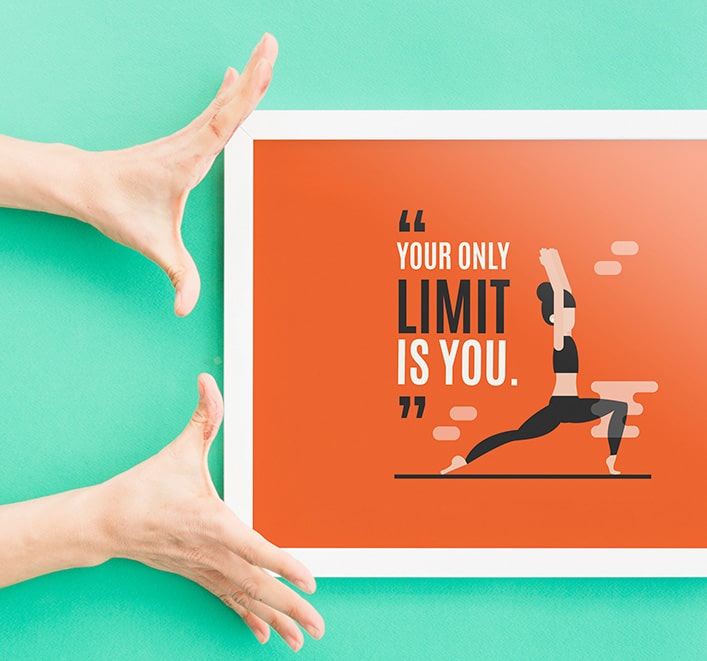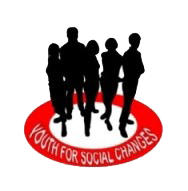Main Aim
Human Rights Education for Rural Youth has the core aim to enable rural youth to advocate for human rights, by filling in the educational and skills gap existing at national levels and affecting young people living in rural areas. This was done through the use of non formal education and involvement in NGO sector, directly provided for them, in order to increase young people’s opportunities for further development in Human Rights Education.
Objectives of the project were:
To develop and deliver through a learning experience a set of tools and skills that can enable rural youth to advocate for human rights.
To build positive attitude among youth, by boosting skills that they have.
To understand how to build main elements of an advocacy campaign by designing a strategy plan for Human Rights, appropriate for rural areas.
To foster international cooperation with impact on rural youth, in order to emphasize the EU policies on education and life-long learning.
To provide space for rural youth to actively contribute to the society through their involvement in experienced NGOs.
To develop positive experience that can be used as an assessment instrument on Human Rights Implementation at different realities.
To establish a solid ground for future international cooperation, by exploring Erasmus + in practice.



The project had three main activities as its main pillars: Training course, Capacity Building Activities, and Seminar. In each mobility activity participated 36 people coming from EU Programe Countries and Western Balkan countries. On capacity building activities participated minimum 20 people in each partner country. The mobility activities were implemented in Albania and capacity building activities were implemented by our partner NGOs in their respective countries.
Through these activities we planned a process that allowed us to gain new skills, put them in practice and then reflect upon this experience. This process was based in learning, experiencing and reflection, spread in time.
The methodology was based on the non formal education and experiential learning, and workshops provided in the manuals Compass, T-kits and Educational packs. The program of the TC addressed the Human rights education, cultural diversity, inclusion, minority issues and peer education. Participants were actively involved in all phases, where in TC was the focus to teach them, on CB activities was the focus to practise the skills and the seminar was focus in sharing their achievements and to discuss on the lessons learned. This project included countries Albania, Montenegro, Serbia, Bosnia & Herzegovina, Turkey, Republic of Macedonia, Czech Republic, Romania, Poland and Greece.
This project is is co-funded by the Erasmus + Programme of the European Union.
More info:
More info you can find by opening these links:
https://www.facebook.com/HRE4RYbyYSC
https://www.facebook.com/groups/1245746325451503
Website:
https://yschumanrightseducationforruralyouth.wordpress.com/
http://eycb.eu/en/stranky/2611-human-rights-education-for-rural-youth-albania
htttp://www.usbngo.gr/blog/memories-project-human-rights-education-rural-youth#.Vwy14OFspc4.facebook
